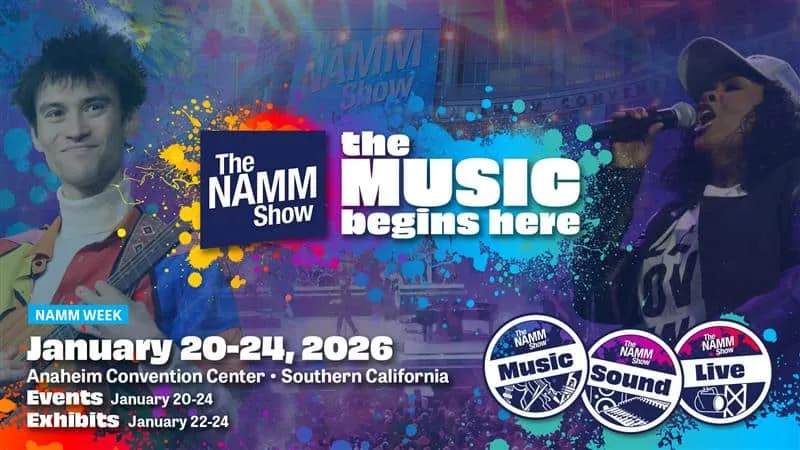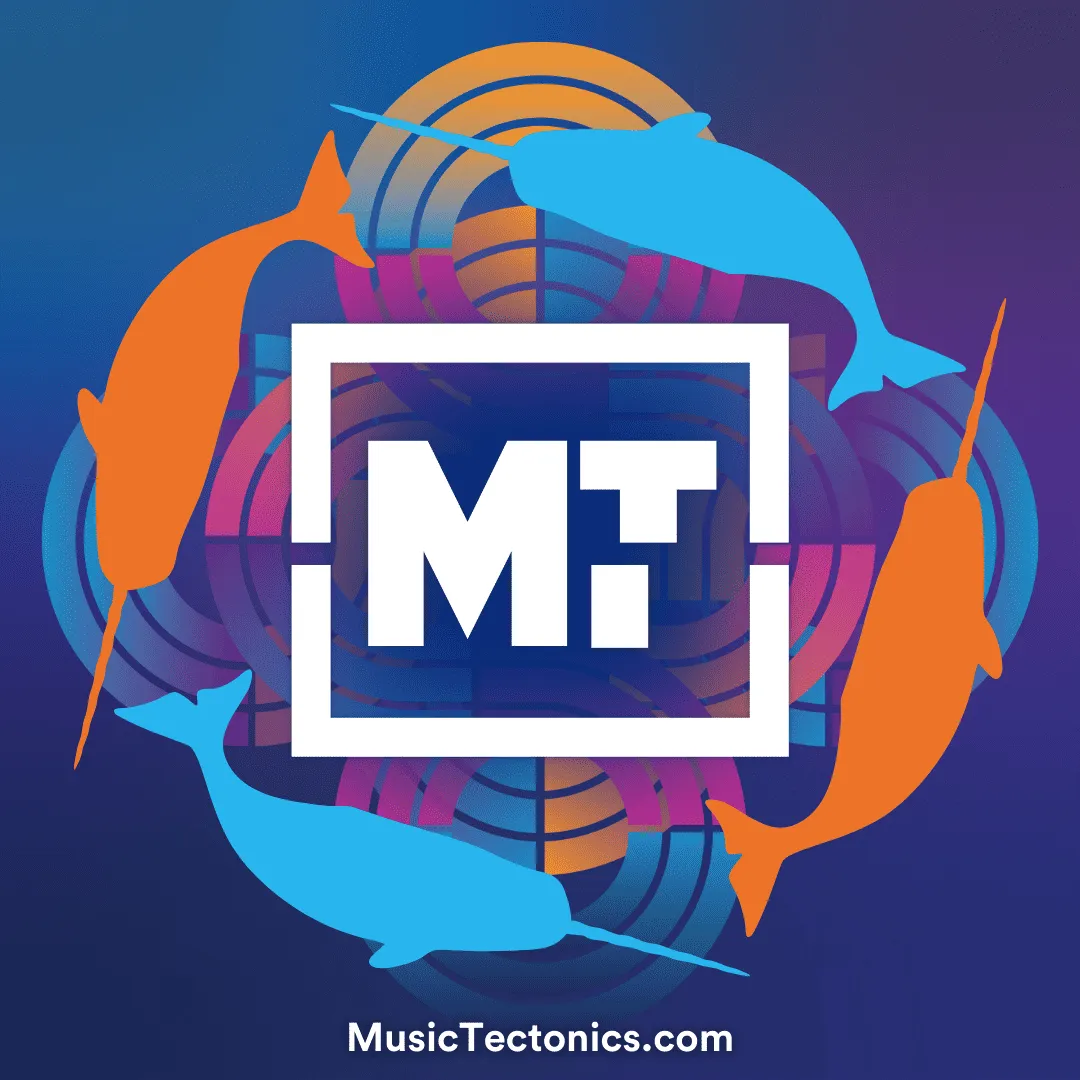Last Saturday in Philadelphia, the local chapter of The Recording Academy held a one-day conference geared towards "entrepreneurship for the music-maker" appropriately named "Independent's Day." Panels consisted of representatives from a wide spectrum of the music industry music including Red Bull Records, CD Baby, SoundExchange, ReverbNation, BIM, and many more. Hypebot’s Hisham Dahud was in attendance and brought back some key highlights and quotes from the event:
Red Bull Records – An “Independent-Minded” Alternative to the Majors
During his keynote address, Managing Director of Red Bull Records Greg Hammer stated that the popular energy drink’s record company division is an “independent-minded company” seeking to bring culturally significant music to the surface, regardless of genre.
“Granted we have more resources, but we take the approach of an independent and see ourselves as an alternative to a major label,” Hammer said. “We’re not looking for the next so-and-so, or someone who sounds like someone else; we’re looking for artists who are making a cultural impact.”
Hammer goes on to speak on how the music business has forever been a product experience, but now the new market expects the “product” for free.
“We see our job as finding a way to make the audience a fan, and once they become a fan, they become invested in that artist, and then we monteize it,” he said.
In doing so, Hammer maintains that Red Bull Records seeks to take a “small label approach,” in that the label attracts fan followers of their own from a consistent output of top talent, while remaining very much in the background and ensuring that their artists are successful first.
“Our job is to make our artists successful and then for the public to discover us,” he said.
Getting The Word Out
Hammer also spoke upon the idea that while Facebook and Twitter are a big deal right now, there is always something new coming, and advises artists and labels to be on the lookout for the next big platform. He also pointed out that word-of-mouth is hugely important, but tough to control, and that traditional press is not as effective as it once was.
“Word-of-mouth can even be considered press,” Hammer said.
He went on to talk about touring and how expensive it really is to fund a tour, especially as a developing artist.
“[Touring] is incredibly important to finding an audience, but finding ways to tour smartly is critical,” Hammer said. “Try to become the big fish in the little pond. If you own your city, people will pay attention.”
Hammer advised audience members to use data to their advantage and demonstrate through metrics that you’re worthy of getting billed, spun, or displayed.
In some other interesting pointers, Hammer advised artists to upload lyric videos of their songs, as they are hugely popular due to the fact that they load quickly, and many people (particularly younger demographics) use YouTube just to listen to music. He also pointed out that traditional radio is by no means dead, with 86% of people continuing to discover music through terrestrial radio (according to the last figures from the NPD).
In closing, he mentions that the record business (retail of CDs) is 30% of the size it was ten years ago, and that artists need to focus on the engagement and experience that they can provide for fans.
Building A Buzz
In a panel featuring social media experts from New Media Makers, Ariel Publicity, RocketHub, CD Baby and one independent artist, the constant theme was the idea of nurturing the fan base in order to contextually and appropriately monetize them.
“As a musician, you’re only as successful as your fans allow you to be,” said independent singer/songwriter Jennings.
Tony van Veen, CEO of AVL Digital Group/CD Baby/Disc Makers, had an interesting comment regarding the usage of the term “fan”:
“I don’t like the term ‘fans’ because it sets up the wrong dynamic,” he said. “Think of them as customers or potential customers. You’re there for them; they’re not there for you. You’re not the amazing god-like icon and they are not below you.”
Another common theme was the idea that developing bands need to be concerned in building their database and not trying to sell. It was also highly recommended that early artists offer their music for free.
“You’re not really just giving it away, more so than you are exchanging for contact,” said a representative from Ariel Publicity. “You’re building the relationship for conversions down the road.”
“Your emails need to be as personal as possible; write to one person despite the size of your list,” advised Tony Van Veen. “It’s all about value added communication to keep them engaged and to avoid being considered as spam.”
In the live setting, the panel discussed the importance of the overall fan experience during your show so they feel compelled to see you again.
“Always be thinking what it’s like to be in the audiences shoes and making sure their experience is optimal,” said Gus Rodriguez, Director of Creative Development at RocketHub.
Mixtapes, Blogs, and New Marketing Approaches
In a panel featuring representatives from Spins.FM, Gloob Marketing, Okayplayer, and the artist manager for Cheers Elephant, the consensus was that no matter how much one attempts to reach out, the music must be of amazing quality in order to be considered.
“Focus on your music because no social media strategy can make a shitty song a hit,” said Spins.fm Founder Daivd Baker.
“If it’s good enough, it’ll sell itself,” added Andrew Lieb, Manager of Cheers Elephant. “But do your research. If you can tailor your story for something bloggers are already writing about, they’ll be more likely to feature you.”
David Baker had a unique take on social media:
“Start without social media and don’t make digital your first approach,” he said. “If you can make a following organically and offline, that’ll transition to online.”
On branding, president of Okayplayer Dan Petruzzi uses the artist The Weeknd as an example of someone who has solid branding and developed a reputation for a style that remained consistent.
“Try to create a visual feel for your brand before you even come out, and stay consistent,” advised Petruzzi. “Make friends with a good graphic designer”
“Leave people wanting more. Have a 60-minute set? Play 40 minutes,” added Jeff Lopez of Gloob Marketing.
Finding And Measuring Success
Michael Fiebach, CEO and Founder of Fame House, started the “Engaging Your Fans” panel off with a macro view of the current landscape:
“We’re moving from product-based experience to engagement/experience based economy,” said Fiebach. “It’s a natural correlation in consumer behavior; people will pay for a nice vacation before they’ll pay for a home entertainment player. ”
Fiebach also stressed the importance of measuring and analyzing data:
“You want to be measuring how involved people are online and going to shows, but also measuring how this translates to your bottom line,” he said. “At the end of the day, this is a business about generating income and not about how many Facebook likes you have.”
—
Hisham Dahud is a Senior Analyst for Hypebot.com. Additionally, he is the head of Business Development for Fame House, LLC and an independent musician. Follow him on Twitter: @HishamDahud

![Folk Alliance Awards 2026 Winners Named [Full List]](/content/images/size/w1304/format/webp/2026/01/Folk-Alliance-Awards-2026.png)


